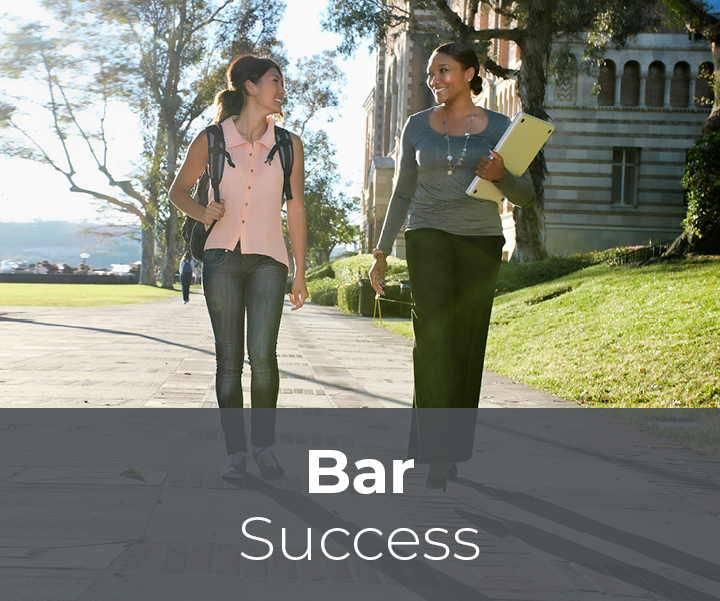
Grantee Research
Closing the Law School Gap: A Collaborative Effort to Address Educational Inequities Through Free, Asynchronous Tools
Document Type
Law Review Article
Publication Date
1-2021
Keywords
skills barriers, bar passage, knowledge barriers
Abstract
According to the latest Profile of the Legal Profession by the American Bar Association, 860% of all lawyers identify as non-Hispanic white individuals. Diversifying the legal profession requires diversifying the law student population, but simply admitting more law students from underrepresented communities is inadequate. To work towards true equity, all students must be given the tools to succeed in law school. A recently developed resource - the CALI Law School Success Lessons, a series of interactive online lessons on how to be a successful law student -was designed with precisely this goal in mind- to enhance equity in law schools. This article explores why and how these lessons were developed, the historical roots and future reach of academic success work in U.S. law schools, and how access to individualized online academic skills instruction enhances equity for first generation law students.
The article also discusses the ways that the lessons use technology to recreate individual meetings between an academic support professor and students, teach students that the first step to improving their performance in law school is through enhancing their metacognitive understanding, and help students transfer both skills and knowledge throughout law school and their legal careers. Success in law school requires not only a knowledge of the law, but a keen understanding of how to learn and apply the law. An increasing number of law students come to law school without a foundation in this method of learning, and without a support network to rely on for assistance. Thus, the onus is on law schools to provide students with this support. The CALI Law School Success Lessons are one tool that all law schools can use to help level the playing field for first-generation law students by providing free, individualized instruction in law school skills. All law schools and legal educators should take the time to review this lesson series and encourage students to complete them at various points throughout their time in law school -from before orientation to when they are studying for the bar exam.



